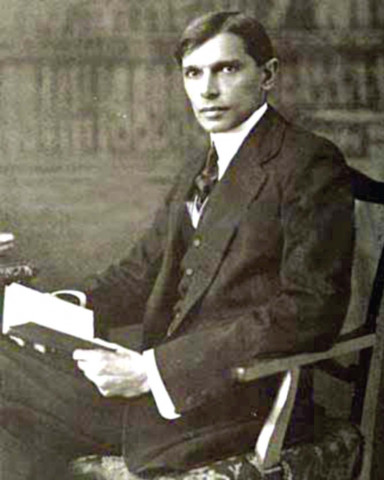Lost vision
Quite obviously Pakistan today is not the vision Jinnah had for the country he carved onto the map.

Quite obviously this was not the vision Jinnah had for the country he had carved onto the map in 1947, after three decades of assiduous effort. As Pakistan marked its first year in existence, Jinnah, on August 14, 1948, had said in a message to the people of Pakistan that the foundations of a state had been laid down for them and it was now up to them to build on these as quickly and as well as they could. The Quaid-i-Azam died less than a month later. But we wonder if much thought has been given to why the construction on the foundations he put down has been so shoddy. Could we really not have done better?
Jinnah had clearly articulated during his lifetime a desire for a state that was democratic, secular in orientation and just to all its people. His own death, barely a year after Pakistan came into being, was of course one factor in the failure to establish such a Republic. The unifying force that Jinnah offered was too quickly lost. Failings by leaders and faults in policy contributed to the problems that quickly crept up. But is this adequate explanation for why we have strayed so far from the path chalked out by Jinnah? Has enough been done over the years to demarcate it again so it can be followed? These are questions we need to ponder in some depth as we observe Mr Jinnah’s birth anniversary. The answers could help us determine our future.
Published in The Express Tribune, December 25th, 2010.















COMMENTS
Comments are moderated and generally will be posted if they are on-topic and not abusive.
For more information, please see our Comments FAQ